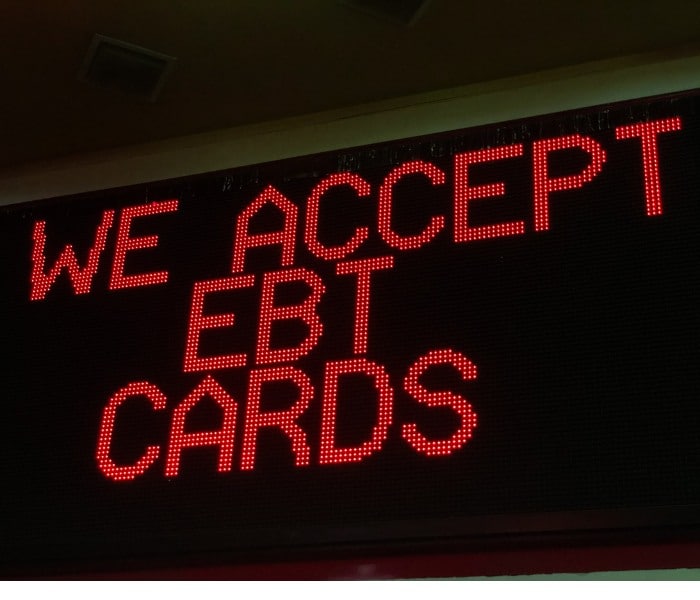If you or someone you know is facing a loss or reduction in Supplemental Nutrition Assistance Program (SNAP) benefits, it can be an overwhelming and stressful experience. SNAP benefits, also known as food stamps, provide vital assistance to low-income households to ensure they have access to healthy food.
Losing or having your monthly SNAP bank transfers reduced can be devastating for individuals and families already struggling to make ends meet. This is specially complicated for patients in the middle of medical treatments. Fortunately, there are resources available to help those in need during this difficult time.
How to Get Help for Patients Losing Their SNAP Money
If an individual or family experiences a loss or reduction in SNAP benefits, there are several steps they can take to seek assistance. During the pandemic, the SNAP system made a difference for those people who partially or completely lost their jobs. The big problem is that three-quarters of the adults who receive this money are low-wage workers, and about two-thirds have children, the elderly or disabled people in their care.

The United States Congress increased SNAP benefits during that public health crisis, but now, that everything has returned to something like a new normal, those additional budgets are going to disappear.
First, contact the office where you processed your EBT card, and explain your situation. If you continue to need the transfers beyond the pandemic is over, America has an obligation to continue supporting you.
Getting Help From Local Food Banks to Replace Your Snap Income
Appealing the decision if the change was made in error or based on incorrect information is possible, meanwhile you seek assistance from local food banks or NGO’s. Local food banks and pantries can provide immediate assistance to those facing food insecurity. These organizations often provide free or reduced-cost food to those in need. Many also offer additional services, such as nutrition education and cooking classes. Contacting local food banks and pantries can be a crucial step in accessing healthy food during a time of need.
There are several organizations that provide assistance to those facing food insecurity. These include Feeding America, the Food Research and Action Center (FRAC), and No Kid Hungry. These organizations can provide information on local resources, as well as advocacy and policy work to improve access to healthy food.
Emergency assistance programs can provide temporary support to those facing a loss or reduction in benefits, including patients with medical treatments. These programs may include emergency food assistance, cash assistance, or utility assistance. Contacting local and state agencies can provide information on available programs and eligibility requirements.
Patients With Medical Treatments Deserve the Support From the SNAP Program
Health systems must play a crucial role in supporting patients by working with state agencies to maximize opportunities, including those available through Medicaid waivers. These waivers allow states to test new care delivery approaches to address social needs such as food insecurity, and hospitals and health systems can provide tailored services to individuals experiencing food insecurity.
Patients could also push their medical providers to ask for policy improvements such as streamlining access to multiple assistance programs, implementing universal school meals, and increasing SNAP and WIC benefits, so they cover the cost of a healthy diet. We must eliminate inequitable eligibility restrictions and program barriers that prevent families from accessing these crucial resources. Studies show that families who participate in multiple public assistance programs have a better chance of maintaining better health and affording their basic needs.